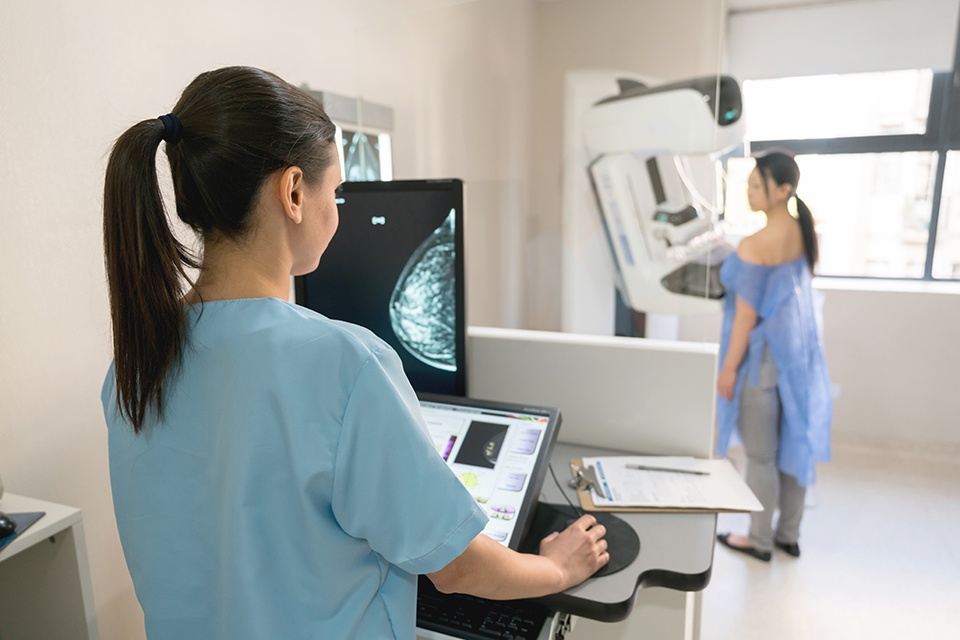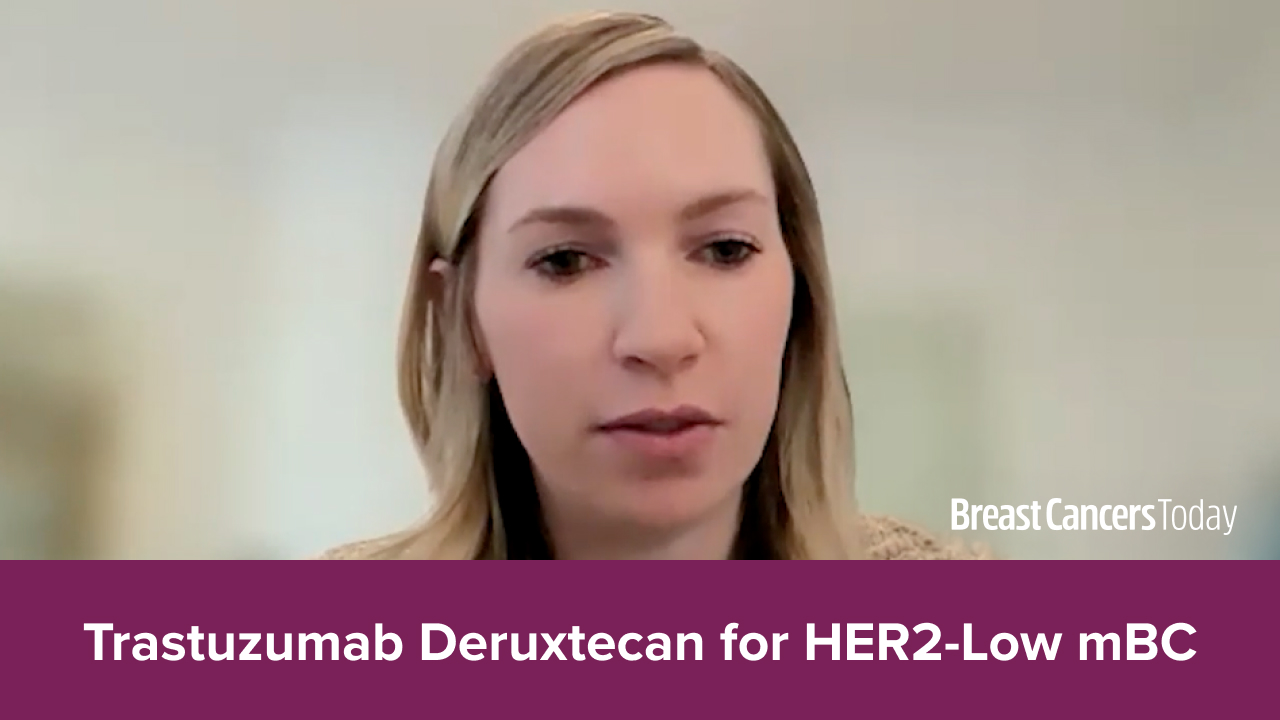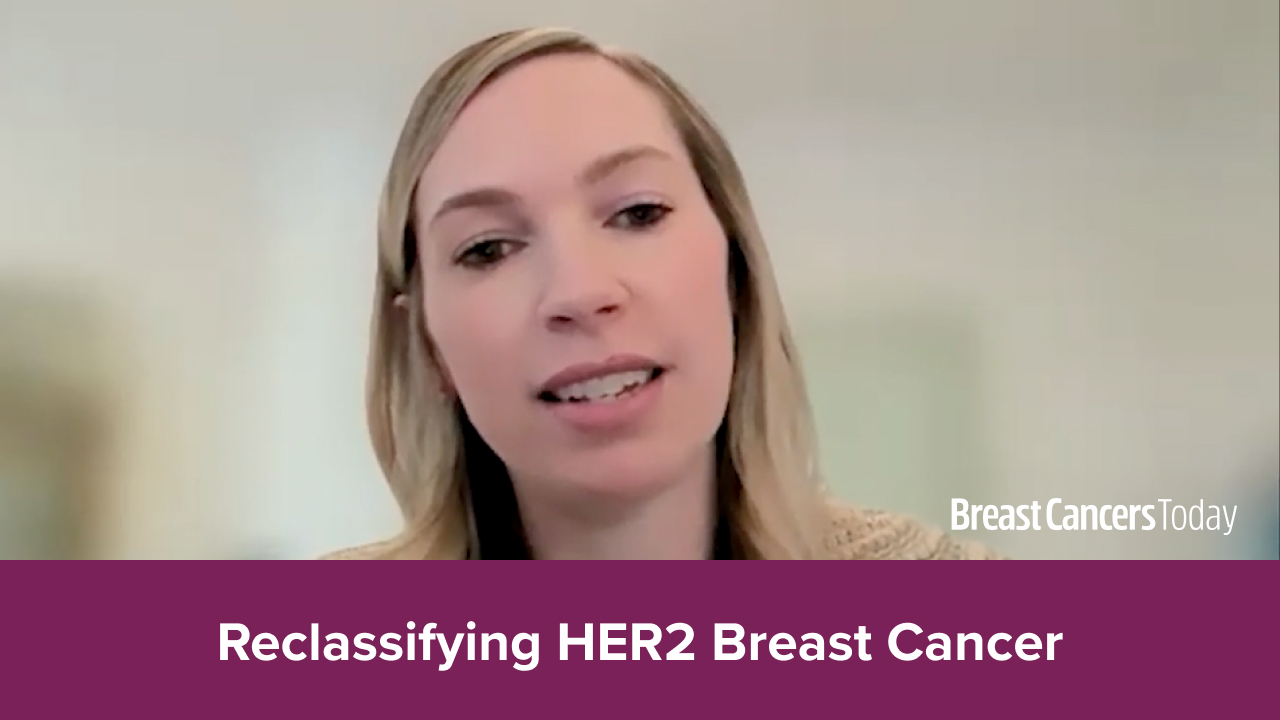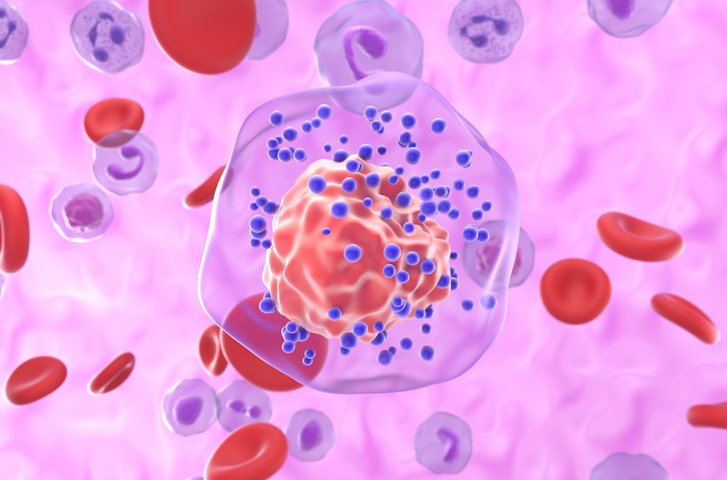
Thanks to the use of mammography screening and improved treatment, between 384,000 and 614,500 breast cancer deaths have been averted since 1989, researchers calculated.
“Recent reviews of mammography screening have focused media attention on some of the risks of mammography screening, such as call-backs for additional imaging and breast biopsies, downplaying the most important aspect of screening—that finding and treating breast cancer early saves women’s lives,” said study author R. Edward Hendrick, PhD, of the University of Colorado School of Medicine, in a press release. “Our study provides evidence of just how effective the combination of early detection and modern breast cancer treatment have been in averting breast cancer deaths.”
The NHS breast cancer screening programme is generally regarded as a big success, but there have long been concerns that it’s not targeted enough.
But how do you identify which women are “high risk”? @drmarkporter explainshttps://t.co/mRw2LkJSYd
— The Times and The Sunday Times (@thetimes) February 11, 2019
The research team collected data from the Surveillance, Epidemiology, and End Results (SEER) program on women aged 40–84 years since 1989. They calculated the difference between SEER‐reported mortality rates and background mortality rates for each five‐year age group, which was multiplied by the population for each five‐year age group. They estimated the number of deaths averted in 2012, 2015, and 2018.
ℹ️ Read our detailed take on today's news that annual screening for younger women aged 35-39, who have a family history of breast cancer, would be effective in detecting tumours earlier. ▸ https://t.co/LFDmYqn5mc
@FBMH_UoM @OfficialUoM pic.twitter.com/beyvIPLK3s— Breast Cancer Now (@BCCare) February 11, 2019
In 2012, between 20,860 and 33,842 breast cancer deaths were averted; deaths averted in 2015 ranged from 23,703 to 39,415, and 27,083 to 45,726 in 2018. Breast cancer mortality reductions for 2012 and 2015 ranged from 38.6% to 50.5% and 41.5% to 54.2%, respectively—and ranged from 45.3% to 58.3% in 2018. Since 1989, the total cumulative breast cancer deaths averted ranged from 237,234 to 370,402 in 2012, 305,934 to 483,435 in 2015, and 384,046 to 614,484 in 2018.
Earlier screening for women at high risk / with a family history of breast cancer is important and this should go hand in hand with help and advice on how to reduce risk. https://t.co/DRLPhK8NhY
— Breast Cancer UK (@BreastCancer_UK) February 11, 2019
According to Hendrick, just about half of women over the age of 40 receive regular screenings. “The best possible long-term effect of our findings would be to help women recognize that early detection and modern, personalized breast cancer treatment saves lives and to encourage more women to get screened annually starting at age 40,” he said.
https://twitter.com/DrAnojanMD/status/1095037825135849472
Study author Mark Helvie, MD, of the University of Michigan Health System, said, “While we anticipate new scientific advances that will further reduce breast cancer deaths and morbidity, it is important that women continue to comply with existing screening and treatment recommendations.”
Study: Breast Cancer Risk Remains Decades After Giving Birth
Study Finds Mutant Genes Linked to Severe Breast Cancer
Breast Cancer Risk After Recent Childbirth: A Pooled Analysis of 15 Prospective Studies
Is week 34 of Pregnancy Tied to Decreased Risk of Breast Cancer?
Source: Cancer







 © 2025 Mashup Media, LLC, a Formedics Property. All Rights Reserved.
© 2025 Mashup Media, LLC, a Formedics Property. All Rights Reserved.